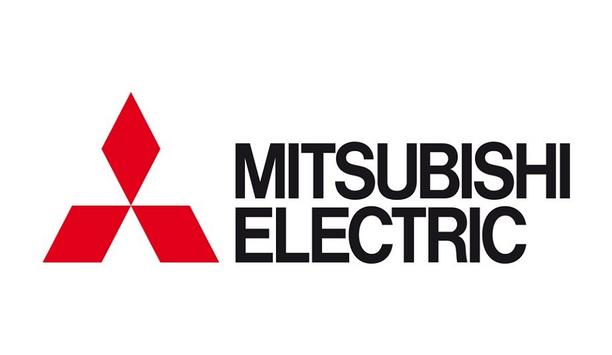The stifling summer heat creates desperation to invest in a quality air conditioning unit. Currently, users definitely can’t imagine their life without these cooling machines. But did they know that standard air conditioners will inflate monthly electric bills and can have a detrimental impact on health, skin, body, and environment?
Nowadays engineers are working on a way to improve the efficiency, reliability, and cost-effectiveness of air conditioners to keep the home’s air comfortable, safe, and healthy. The HVAC industry tackles the challenges of environmentally friendly technologies, with innovative working principles.
Following are 5 benefits of their air conditioning units:
1. Humidity Control
With high-quality air conditioning equipment, users can control the level of humidity in their house
This is the most important health point. With high-quality air conditioning equipment, users can control the level of humidity in their house. It will safeguard the family from dust mites, dehydration, and mold growth inside the building. Users can also forget about parasites, mosquitoes, and other insects, who like a warm and humid climate.
2. No Asthma Attacks Anymore
If users are suffering from asthma, air conditioning systems are the best choice for their health. Such air conditioners filter all the pollutants and allergens. Their mechanism eliminates any dampness and mould growth. In this way, air conditioning equipment converts dirty air into clean air.
3. Air Quality
Cooling devices are often made of metals and plastic, the most non-biodegradable enemies of the planet. Furthermore, standard air conditioners often run on electricity that is produced from coal-fired power plants.
As users know, the burning of fossil fuels causes greenhouse gases. The HVAC systems use solar thermal units, efficient heat pump systems, and thermal energy storage.
4. Eco-Friendly and Smart Home
Smart monitoring systems are key to reducing electricity expenses
The HVAC systems monitor water levels and water consumption and identify ways to reduce cooling loads. The technologies prevent overflow, and drift eliminators redirect airflow to reduce water loss. Smart monitoring systems are key to reducing electricity expenses.
5. Smart Water Consumption
The HVAC systems monitor water levels and water consumption and identify ways to reduce cooling loads. The technologies prevent overflow, as well as drift eliminators redirect airflow to reduce water loss. A smart monitoring system affects electricity bills for the better.
If users are dreaming about a smart, healthy, and comfortable home, the team of HVAC specialists is always ready to help. The HVAC Service provides efficient and high-quality HVAC equipment services.




















